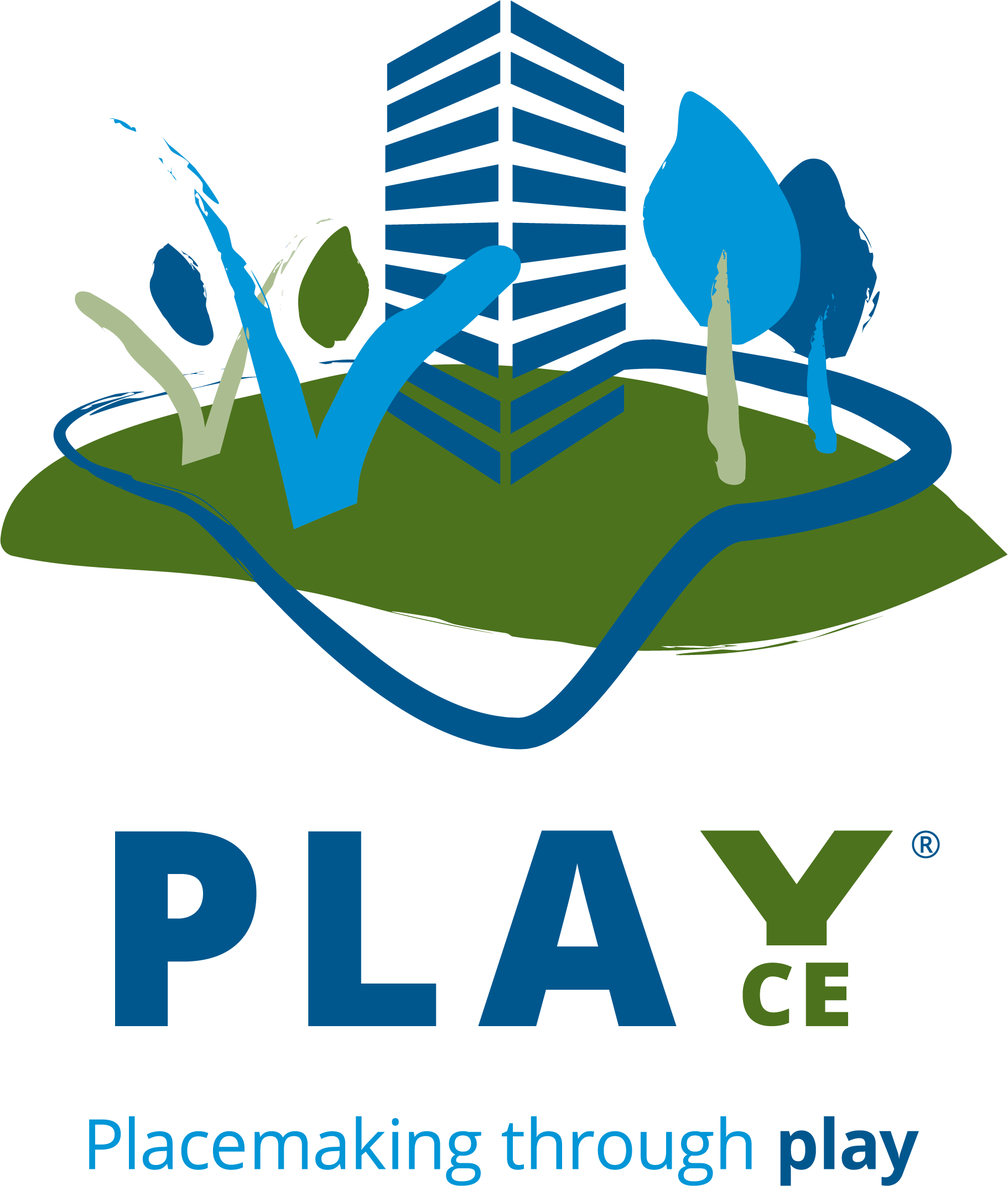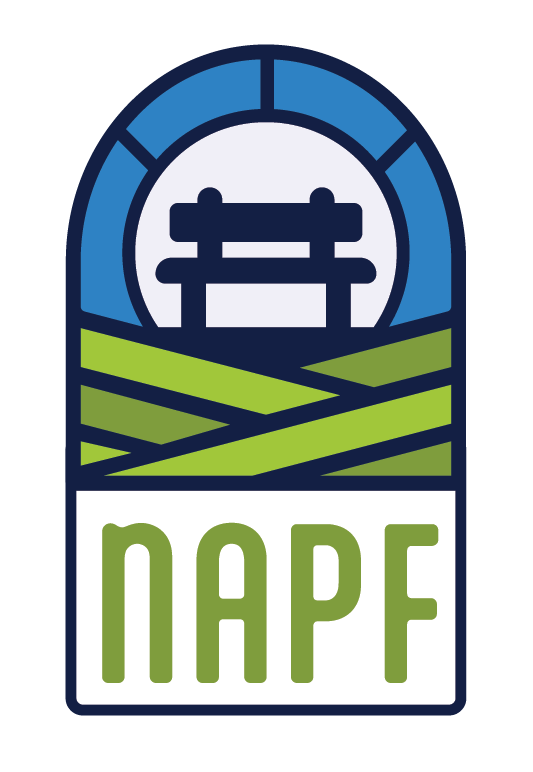Grantmaking
Professional Development & Ethics
Grant Professionals Association
Grant Professionals Association - Code of Ethics
Types of Foundations that Make Grants (i.e., Grantmakers)
- Private Foundations
- Operating Private Foundations
- Non-Operating Private Foundations
- Corporate Foundations
- Family Foundations
- Public Charities and Community Foundations
Find Funding Opportunities
The Foundation Center (now Candid) - Find Funding Portal
Elements of a Grant Proposal (Example)
Cover Letter
Need Statement
Budget and Budget Narrative
Evaluation Plan
Logic Model
Letter of Support
Private Foundations
A private foundation (sometimes called independent foundation) is a nongovernmental, nonprofit organization usually funded from a single source, such as an individual, family or corporation.
Most private foundations support one or a variety of social, educational, religious or other charitable activities, primarily through grantmaking.
In the United States, private foundations are tax-exempt under the IRS 501(c)(3) code and are usually organized as a nonprofit corporation or as a charitable trust.
Operating Private Foundations
Set up their own programs to achieve their own charitable goals.
Make some grants to other organizations.
Examples of an operating private foundation could be a think tank, a museum, or a research group.
Such foundations are not subject to distribution requirements but they must spend a certain percentage of their income each year on their charitable purposes.
One example of a private operating foundation is the J. Paul Getty Trust. Founded by Jean Paul Getty from an oil fortune, the Trust runs its own programs to promote understanding and preservation of the visual arts, especially in California. The Trust funds The J Paul Getty Museum, Research Institute, Conservation Institute and the Getty Foundation. The Institute is one of the five most-wealthy foundations in the US.
Non-Operating Private Foundations
Non-operating private foundations make grants to other charitable organizations whose missions are in sync with the non-operating private foundation’s goals.
Non-operating private foundations are, in most cases, the type of the foundations that local park foundations most often send their grant applications. Grantmaking foundations are required to distribute a certain percentage of the value of their assets each year to other organizations.
The largest known foundation of this type in the US is the Bill and Melinda Gates Foundation which focuses on making grants in the areas of health and poverty in the developing world.
Local Park Foundations should seek out local private foundations that fund grants in their metropolitan area and are in support of advancing health and wellness programs, redevelopment of playgrounds, preservation of green space, waterways, trails and the like.
Corporate Foundations
A corporate foundation is typically a supporting or private foundation that derives its funding priorities from the contributions or profits of private or publicly held company or business.
The corporate foundation is often a separate and legal organization from the corporation however must maintain in compliance with regulations of private foundations as per the IRS policies. Most corporate foundations will have their own set of grant proposal requirements and often will not entertain unsolicited grant proposals. Additionally, corporate foundations will also have unique requirements of the funding proposal, unique funding schedules throughout the year, and will often require ongoing reports from the charity being awarded the grant as a means of monitoring the effectiveness of the grant as well as the determination of future payouts of the grant if multiple grant cycles are part of the grant award.
An example of a well-known corporate foundation is the Target Foundation.
Family Foundations
A family foundation typically a private foundation and one that derives its funding from one or more members of an individual family. As is the case with other foundations, a private family foundation must comply with operating requirements – for example – a minimum of one family member must remain in service to the board of the foundation in an officer or director capacity and as a donor. Small private family foundations typically are governed by family members on a voluntary basis; meaning they receive no compensation. Other more large family foundations elect to hire a paid Executive Director to oversee the foundations day-to-day activities.
Public Charities and Community Foundations
A public charity raises money from the public (individuals, corporations, and other foundations) to provide support toward a specific mission. Some public charities and community foundations operate as funding organizations.
These organizations are considered public charities basically because they derive the majority of their funds through public sources and earmark these funds for disbursement to other charities with similar mission and benefit a similar demographic. An example of a well-known public charity is the United Way.
A community foundation is composed primarily of permanent funds established by many separate donors for the long-term benefit of the residents of a defined geographic area. Typically, a community foundation serves an area no larger than a state.
Community foundations also provide services to donors who wish to establish endowed funds (commonly called donor-advised funds) without incurring the administrative and legal costs of starting independent foundations.




